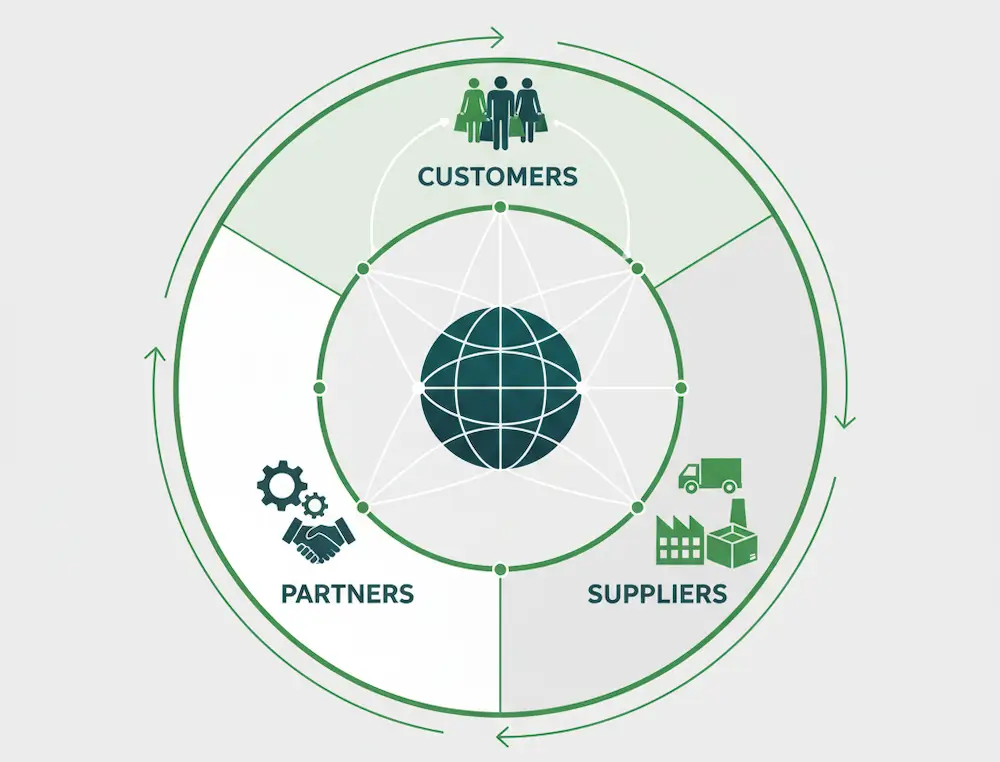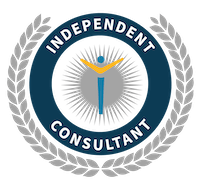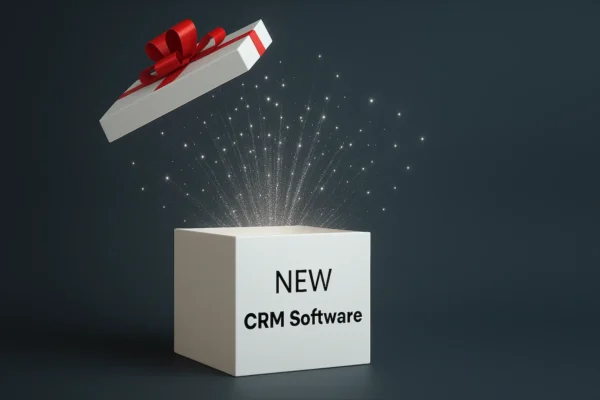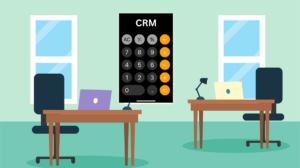CRM That Helps B2B Service Companies Unite Sales, Service, and Account Management

Get It Right the First Time
Higher Adoption
Choose a CRM that fits how your teams work for lasting engagement.
Reduced Risk
Avoid costly mistakes by uncovering gaps and needs before you commit.
Faster Decisions
Cut through vendor noise with an objective evaluation process.
Confidence in Choice
Move forward confident your choice is based on expertise, not bias.
CRM That Delivers Consistency and Accountability

When designed right, CRM becomes the system that keeps Sales, Service, and Operations aligned around a shared customer reality.
- Track opportunities, contracts, and programs in one place
- Create a 360° view of customers, partners, and suppliers
- Identify upsell and cross-sell potential within existing accounts
- Improve forecasting accuracy and client retention
Proven Success B2B Service Companies





Why Choose CRM Switch?
- Easy to work with
- Trusted experts
- Deep industry roots
- Independent & vendor-neutral
- Adoption focused




Blog
Start Learning Now
Frequently Asked Questions by B2B Service Company Leaders
How can CRM help B2B service companies grow?
CRM helps unify how you manage clients, projects, and contracts. It brings Sales, Operations, and Account Management together in one system — so you can see where business is coming from, what’s in progress, and which clients are ready for expansion.
Can CRM connect Sales and Operations for better visibility?
Yes. Many B2B service companies rely on both CRM and ERP or project systems. Integrations between these platforms allow key client, contract, and order history to flow seamlessly, giving both teams a complete view of customer activity and performance.
What challenges does CRM solve for service-based organizations?
CRM reduces reliance on spreadsheets, emails, and “tribal knowledge.” It standardizes how leads, orders, and client interactions are tracked — helping eliminate gaps in communication, missed follow-ups, and reporting blind spots.
How does CRM improve client retention?
By capturing every touchpoint — from proposals and service tickets to check-ins and satisfaction scores — CRM helps teams stay proactive. Account managers can spot at-risk clients early and ensure that commitments and milestones are met consistently.
Which CRM platforms work best for B2B service companies?
Popular choices include Salesforce, HubSpot, Microsoft Dynamics 365, and Zoho CRM. Each offers tools for managing accounts, opportunities, projects, and service requests. The right fit depends on your company size, process complexity, and integration needs.
Can CRM handle quoting and contract management?
Yes. Modern CRMs allow you to create quotes, track approvals, manage contracts, and monitor renewals or project stages — all within a single system or via integration with your ERP or accounting software.
What metrics should B2B service teams track in CRM?
Key metrics include pipeline value, sales team activity, sales quota attainment, client activity, and contract status. Many organizations also track conversion rates, response times, and customer satisfaction to ensure service delivery aligns with growth goals.
Does CRM Switch work with specific CRM vendors or remain independent?
CRM Switch is completely independent. We don’t sell or implement CRM software — we help you define requirements, evaluate options objectively, and select the system that best fits your operations and growth strategy.
Sound familiar?

If you run a B2B service organization, you’ve probably experienced this:
- Customer data scattered across spreadsheets and inboxes
- Sales and Operations managing customers in separate systems
- No unified view of client history, contracts, or renewals
- Heavy reliance on manual effort and ‘tribal knowledge’
The result? Limited visibility, dropped handoffs, and missed chances to grow key accounts.
Stop spinning your wheels searching for a CRM.
Meet with one of our consultants today to find out how we can help you can plan, select, and launch the best-fit CRM users love.




